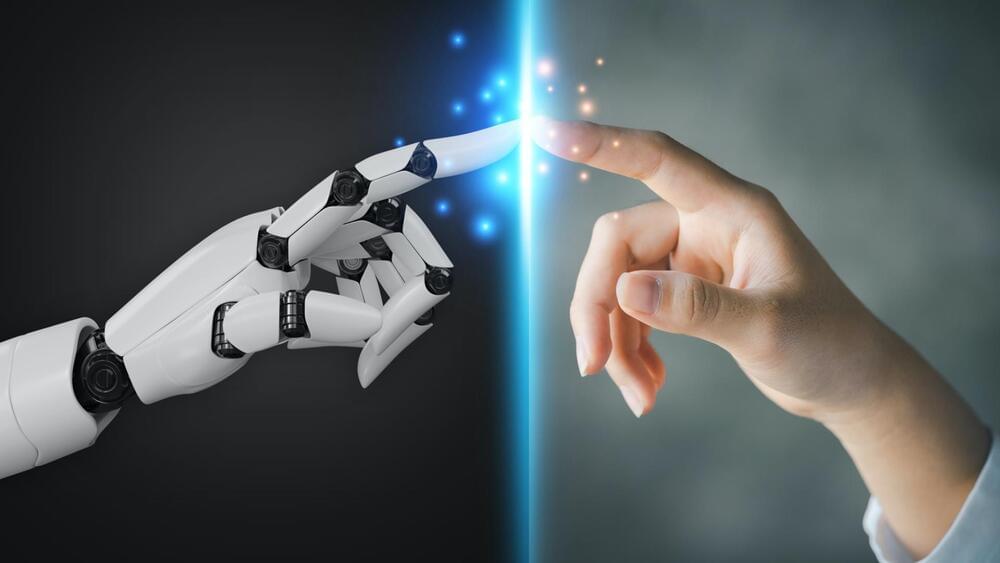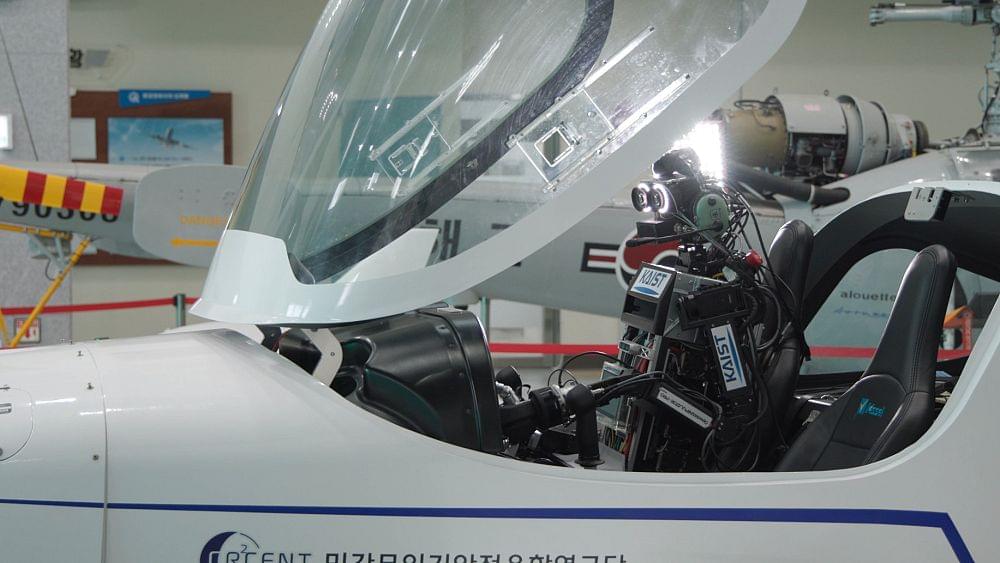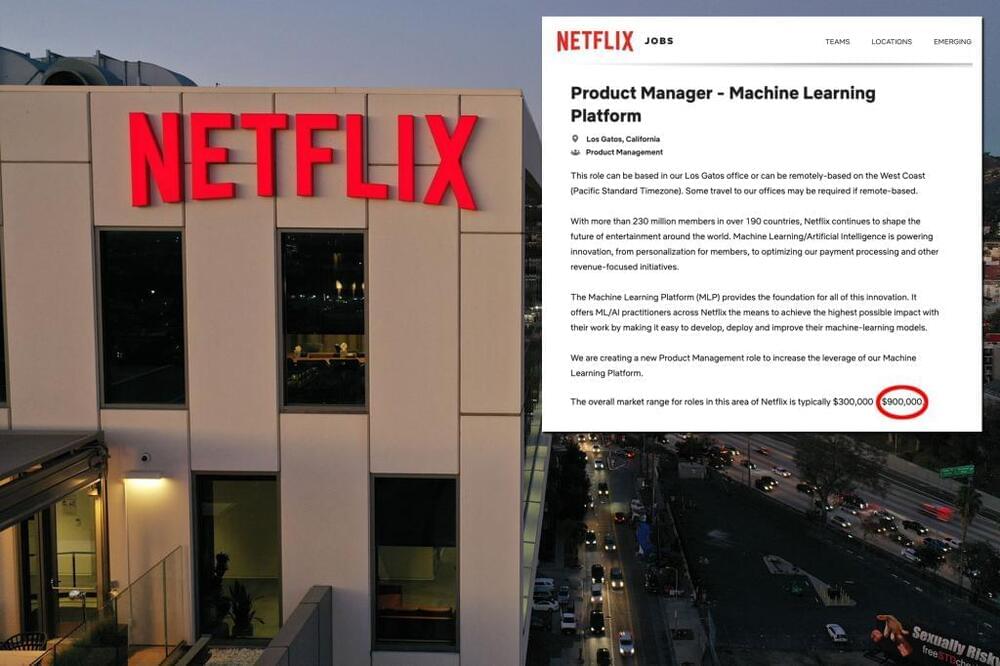This talks about the changing dynamics of jobs and relation to AI. While there are a lot of apprehensions of AI killing jobs but it highlights that there are several new jobs being created by AI. It also stresses the need for professionals and students to reskill themselves in areas as diverse as AI and automation. So the argument that AI is going to kill jobs is not valid. Instead it enforces the argument that reskilling is most important.
LinkedIn: https://www.linkedin.com/in/tarah-ai-8316b7153/
Twitter: https://twitter.com/tarahtech.
#reskilling #AI #Automation #jobs #newskills #oldskills #reinvention #humanresources.
#AI #DeepLearning #ReinforcementLearning #MachineLearning #ML #DL #DataScience #ArtificialIntelligence #Classification #Jobs #Regression #Clustering #Intelligence #Learn #Intelligence #Knowledge #LearnFromHome #BI #BA #Analytics #Insights #Visualization #Graphs #Robots #Speech #BackPropagation #CNN #RNN #LSTM #NeuralNetworks #Network #Prediction #BigData #Hadoop

 The media frenzy surrounding ChatGPT and other large, language model, artificial intelligence systems spans a range of themes, from the prosaic –
The media frenzy surrounding ChatGPT and other large, language model, artificial intelligence systems spans a range of themes, from the prosaic – 



